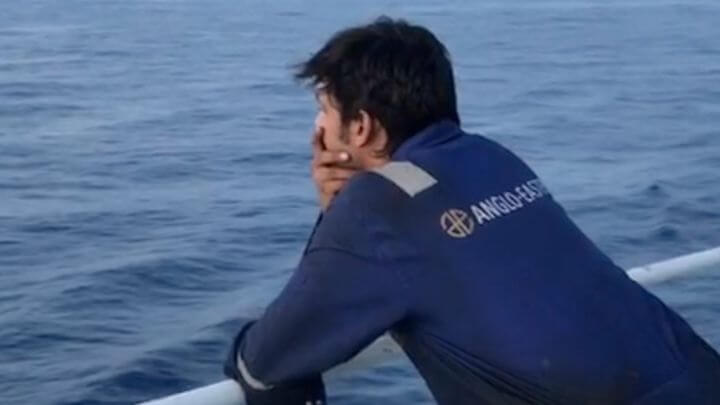
“Sometimes it is feeling like prison.” This is what one crew member, Ajith Nandasena, said after being stuck at sea for 13 months. Ajith was one of the lucky ones – he was allowed on-shore recently. “My child, my daughter, and wife ask me ‘when are you coming?’” said another sailor who had been sailing for 11 months.
The sailors stuck on the vessels are part of 250,000 sailors and crew members who cannot get home. Their contracts have expired. Many of them have not seen trees or been to a shop in 2020. They miss their families. Their mental health is suffering, and their physical condition is impacted. Psychologists say that the inability to leave the ships create feelings of uncertainty about the future causing anger, fear, anxiety and sadness. High blood pressure follows.
With pandemic restrictions, sailors are not allowed off ships in ports and not allowed to travel on. Another problem is that replacement sailors are not able to make it to the ports for the same reasons. So the sailors are stuck after their contracts expired.
These sailors are part of the supply chain. Without them, we could not ship products between continents.
Yet in a failure of collaboration and disregard for fellow humans, these sailors are forgotten at sea. Their contracts may have been involuntarily extended, and they may still be able to send money back to their families on land. Their home countries may be thrilled that their families are getting salaries transferred from their providers and those countries have no reason to lobby for the situation to come to an end. The shipping companies may not be able to deal with the logistics of replacing crew. Reality is that, while these low-paid sailors are suffering hardship, nobody has their back.
Many of us signed commitments to avoid using a labor force that works under duress. But are these sailors – who are part of our supply chains – in reality indentured, involuntary servitude or forced labor? While we may be on the good side of the strict definition of labor laws, we are certainly at the border of skirting the spirit of the law.
The pandemic brought unforeseen human tragedy: Financial hardship hitting the most vulnerable global citizens; illness and death; hunger that may cause more death and illness than the disease itself; loss of human contact and medical treatment. Yet, in each of our fields, we must do our utmost to minimize the hardship. As supply chain leaders, we must stand up to develop a solution to allow sailors off the ships, pushing back on elected officials, health authorities and our shipping partners. It is a question of human decency.